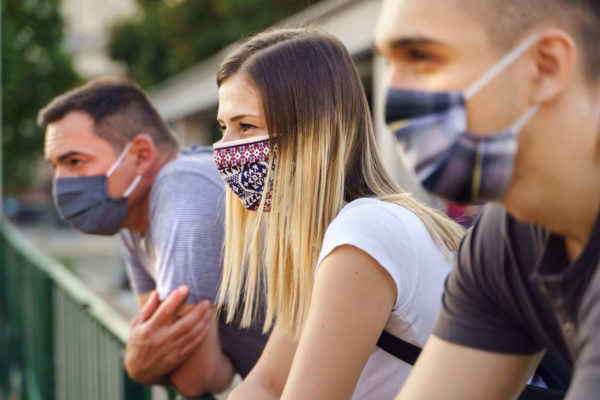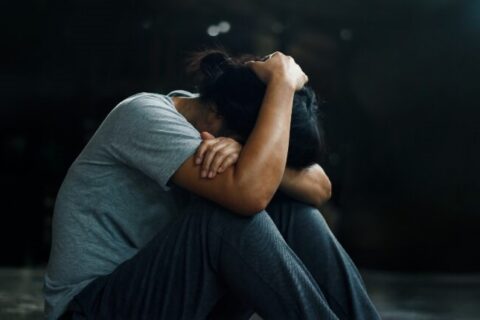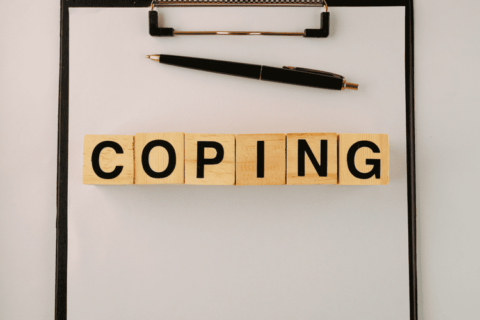How to Prevent Increased Anxiety as COVID-19 Restrictions Ease
During the global pandemic, people learned to distance themselves socially to avoid contracting the COVID-19 virus and became skilled at how to relax during COVID. However, as restrictions ease, there are new learning curves. Society must figure out how to manage anxiety post-COVID and how to cope with isolation after COVID.[1]
How to Deal With Mental Health After COVID-19
If you’re wondering how to stop worrying about COVID-19, https://brevardhealth.wpengine.com/about/our team at Brevard Health Alliance believes there some best practices you can follow that will help you deal with mental health after COVID-19.
- Stay informed, but try to avoid checking the news obsessively.[8]
- Follow trustworthy news sources such as the U.K.’s NHS, the World Health Organization and the CDC.[2][3][4]
How to Cope With Isolation After COVID
Many people have experienced social anxiety at some point, and adding the fear of becoming ill or making someone else sick doesn’t help with anxiety.[6] Furthermore, we’ve become even more isolated since the lockdowns began last year.
To stay connected with your friends and family, schedule time every week to get together with your people via Zoom calls, Facetime, Skype, and phone calls. For in-person contact, start small with just a few trusted people who have practiced recommended safety precautions during the pandemic.[7]
How to Stop Worrying About COVID-19
For our mental health, most of us know we need to worry less about COVID while also remaining diligent. Here are some tips for finding a solid balance.
- Limit the frequency you check for COVID updates. Allow yourself once per day or even just a couple of times per week to stay on top of COVID news.
- Avoid social media, especially friends’ feeds that focus too much on the virus.
- Step away from the news media if you begin feeling overwhelmed.
- Talk about your fears and worries with people you trust. Often, bringing fear out into the open makes you feel less scared. Most importantly, you won’t feel alone with your worries.
How to Manage Anxiety Post-covid
Anxiety has become a near-constant companion in the COVID era. Learning how to manage anxiety post-COVID is something we’re going to have to ease ourselves into.[5] For more information on how to deal with mental health after COVID-19, contact us or visit the Brevard Health Alliance website.
References
[2] https://www.nhs.uk/conditions/coronavirus-covid-19/
[3] https://www.who.int/emergencies/diseases/novel-coronavirus-2019
[4] https://www.cdc.gov/coronavirus/2019-ncov/index.html
[5] https://www.nhs.uk/oneyou/every-mind-matters/anxiety/
[6] https://www.bbc.com/news/newsbeat-56323453
[7] https://adaa.org/understanding-anxiety/coronavirus-anxiety-helpful-resources


















































































































































